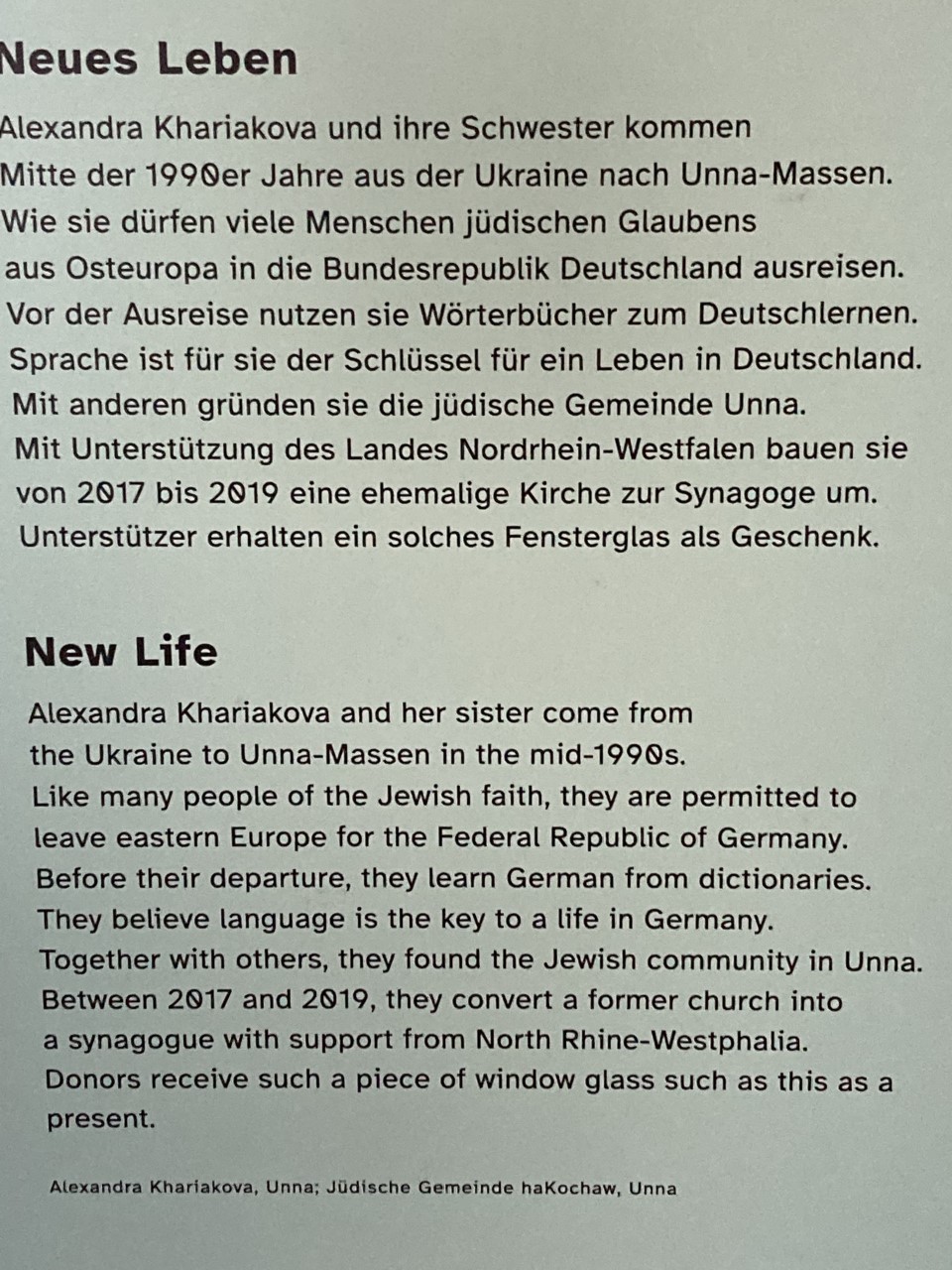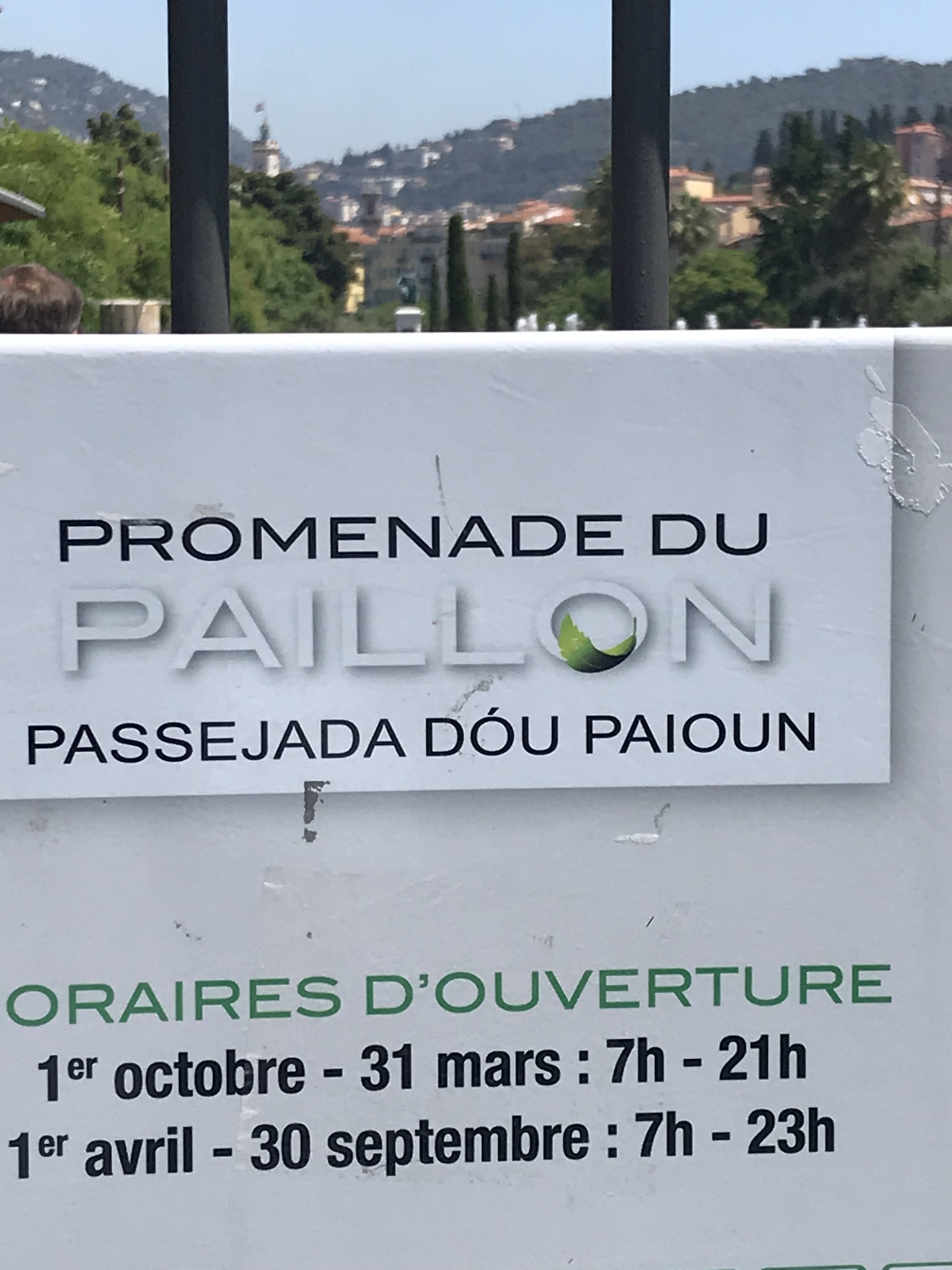I greatly admired Ilya Kaminsky's long poem "Deaf Republic" and so I was interested in his views of language and writing about the situation in Ukraine at https://lithub.com/ilya-kaminsky-on-ukrainian-russian-and-the-language-of-war/
He refers to Russian speakers now choosing to use Ukrainian as a reaction to Putin's threats and of course what later turned out to be actions. There is a sad account from a poet of how:
"I have never felt discriminated against because I spoke the Russian
language. Those are myths. In all the cities of Western Ukraine I have
visited, I spoke with everyone in Russian—in stores, in trains, in
cafes. I have found new friends."
So, the language itself is not the problem and it was often a way of bringing people together. This also undermines Putin's argument that he is protecting Russian speakers from discrimination (but, of course, this is just one account).
An even more interesting and tragic point is made about a Ukrainian poet:
"Just as Russian-language poet Khersonsky refuses to speak his language
when Russia occupies Ukraine, Yakimchuk, a Ukrainian-language poet,
refuses to speak an unfragmented language as the country is fragmented
in front of her eyes. As she changes the words, breaking them down and
counterpointing the sounds from within the words, the sounds testify to a
knowledge they do not possess. No longer lexical yet still legible to
us, the wrecked word confronts the reader mutely, both within and beyond
language."
It seems that the way to express the broken world is to use language that is as broken as the world it represents.
Kaminsky then reflects on the issue of himself writing in English and presumably this reflects another angle and other ways of representing a perspective on the events.

